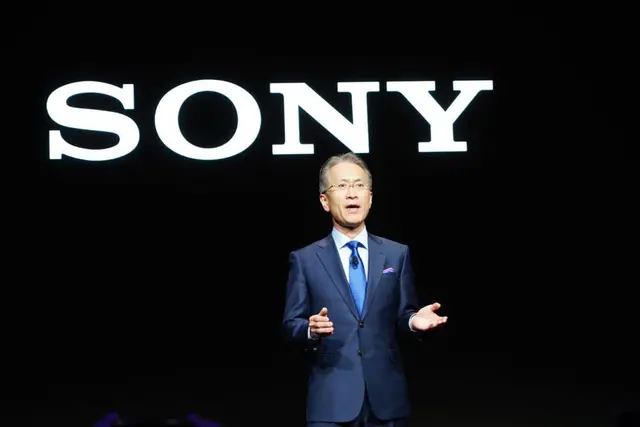Illustration: Liu Rui/GT
The relationship between the EU and Russia has been complicated since the beginning of the Ukraine crisis. Brussels' decision to impose sanctions on Moscow and the immediate reaction of Moscow to block the imports of some European products marked the beginning of a new, difficult chapter between the two sides. Circa four years later the problem cannot be considered as solved and the relations have not been improved. Russia is not cooperating with the EU to the degree the latter had wished. And other issues of disagreement are entering the agenda. From a European perspective, Russia is allegedly destabilizing its governments and societies and is seeking to influence election results by supporting extreme right-wing parties.
Generally speaking, the EU position on Russia is interconnected to that of the US. The poisoning of Sergei Skripal in the UK was the most recent example.
Following Washington's expression of solidarity with London, the European Council condemned in the strongest possible terms the attack in Salisbury at its meeting on March 22-23. More importantly, the council agreed with the UK government's assessment that it was highly likely Russia was responsible and that there was no plausible alternative explanation. Subsequently the EU decided to recall its ambassador to Russia for consultations and some member states expelled diplomats. For its part, Russia found the conclusion of the European Council "regrettable," argued the accusations against it were "unfounded" and also expelled diplomats.
The initial analysis of Europe's response to the Skripal poisoning can hardly be seen as particularly aggressive. At the time of writing, the highest number of diplomats to be expelled was four from Germany and four from France. That number is much lower than the 23 from the UK and 60 from the US. Furthermore, the majority of EU member states decided to symbolically expel one or two Russian diplomats while some countries - Austria, Bulgaria, Cyprus, Greece, Luxemburg, Malta, Portugal, Slovenia and Slovakia - did not even agree with that. The UK did not of course welcome the reserved stance of the nine countries, which is telling about the lack of unanimity in Europe.
Several EU member states are skeptical about the repercussions of a continuous anti-Russian approach at the European level. This should not necessarily be attributed to an efficient diplomatic strategy by Moscow toward the member states themselves or to an anti-UK bias but to realistic calculations regarding the economic consequences following obligatory limitations on their economic partnership. Russian tourists, for example, can boost several service-based European economies. Russian investments in the real estate sector are also important. The Russian market is significant for many European products. How can the losses be covered in difficult economic times?
From another perspective, it is unfair to stigmatize the nine EU member-states. The attention should be equally turned to the ones which decided to expel diplomats. One of them is Germany, the leading economic European power. The comments of the new German Foreign Minister Heiko Maas are characteristic: "We remain committed to dialogue with Russia and will work for European security and a constructive future for relations between our countries," he said. It is straightforward that Maas is striving to maintain a relatively good working relationship between Berlin and Moscow in spite of the recent crisis.
This is not the first time Germany has acted so. Last summer the then minister of economic affairs and energy, Brigitte Zypries, spoke negatively about new American sanctions against Russia, portraying them as being "against international law, plain and simple." In parallel with this, she encouraged the European Commission to look for countermeasures.
In a nutshell, Europe's response to the Skripal poisoning is sketching out its fundamental foreign policy weaknesses. The EU is attempting to keep the US satisfied - at least to a minimum level - by criticizing Russia during the Brussels' decision-making process, while many member states themselves are continuously earmarking potential business deals with the country at the bilateral level. To keep a balance might be a good recipe. Nonetheless, no great expectations of success must be cultivated when clear determination is largely absent.
The author is a lecturer at the European Institute in Nice, France. [email protected]
(GLOBAL TIMES)
 简体中文
简体中文

